Durango and Silverton Narrow Gauge Railroad
This spectacular track has run continuously since 1882.
As one of the United States’s most scenic historic railroads, the Durango & Silverton Narrow Gauge Railroad (D&SNG), with its jet-black steam-powered locomotives and 1880s-era coaches, travels along the same tracks that miners, frontiersmen, and cowboys journeyed nearly 140 years ago.
The Durango & Silverton stretch of the Denver and Rio Grande Railroad was completed in 1882. It was built to transport gold and silver ore from the more than 4,000 mining claims in and around Silverton, Colorado, to the smelters and mills in Durango, 45 miles to the south.
But in the 1910s, the Silverton mining boom began gradually subsiding. The D&SNG was then promoted as a scenic route for travelers and tourists. It remains as one of a very few surviving narrow-gauge steam railroads in the United States and is a favorite of railroad enthusiasts.
As it leaves Durango, the train’s multiple-chime steam whistle can be heard reverberating throughout the town and along the Animas Valley. As it proceeds north, the train winds alongside the Animas River as it traverses the verdant green pastures of the Animas Valley and then crosses through the spectacular and breathtaking San Juan National Forest. The remote and treacherous route through the mountains includes a dramatic and stomach-churning stretch along the edge of a narrow shelf carved into the sheer granite cliffs 400 feet above the river.
Know Before You Go
The 45-mile route between Durango and Silverton crosses the Animas River five times, has an elevation climb of 2,800 feet, and takes 3-1/2 hours, with the train chugging along at no more than 20 miles per hour. With a layover of about two hours in Silverton, the round-trip is a full-day adventure.
All trains depart in the morning from the depot in Durango, Colorado. During the summer, there are three trains daily that depart 45 minutes apart. The one-way time to Silverton is three hours. All trips are round-trip, but riders may elect to take a bus back to Durango. During the winter months, there is one train daily with an abbreviated two-hour ride to Cascade Canyon. Fares begin at $89 (winter) and $99 (summer) with reduced fares for children.


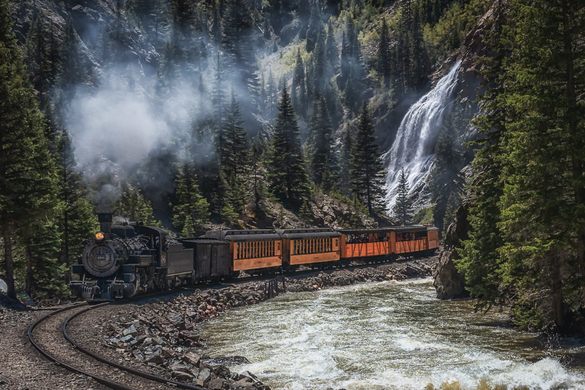







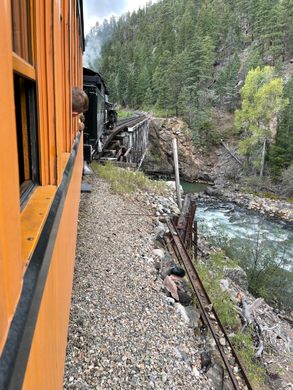

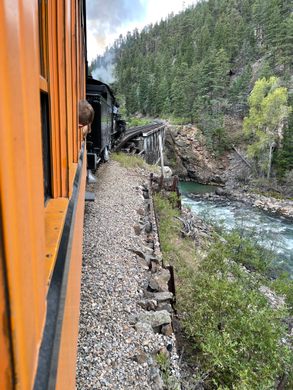
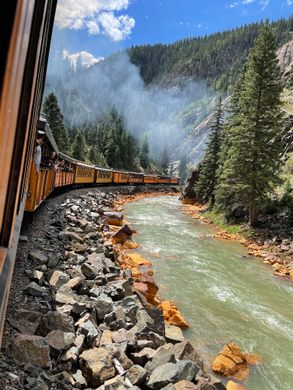
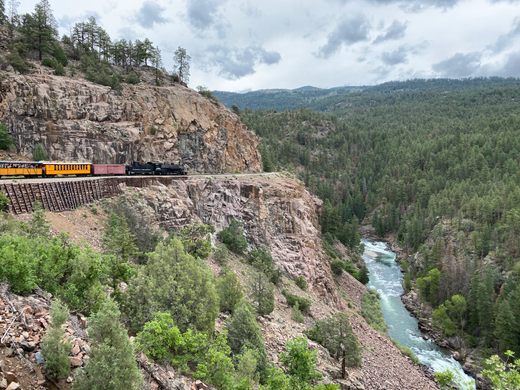


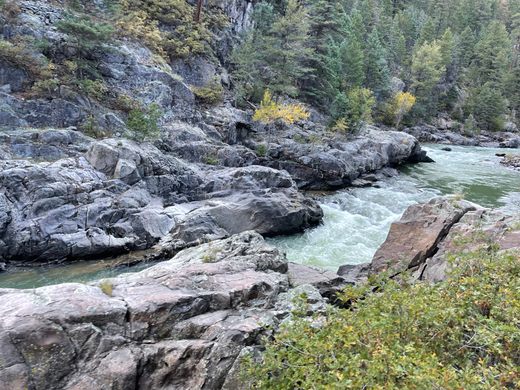


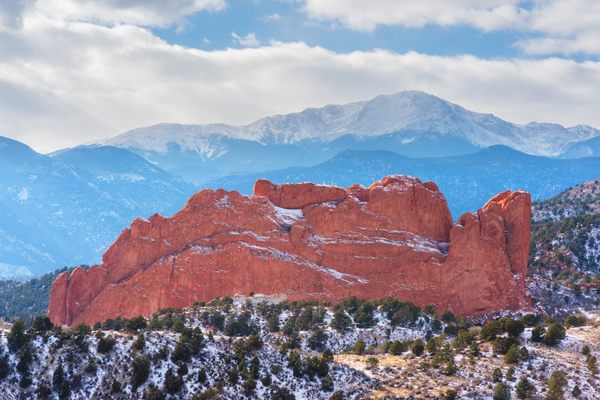
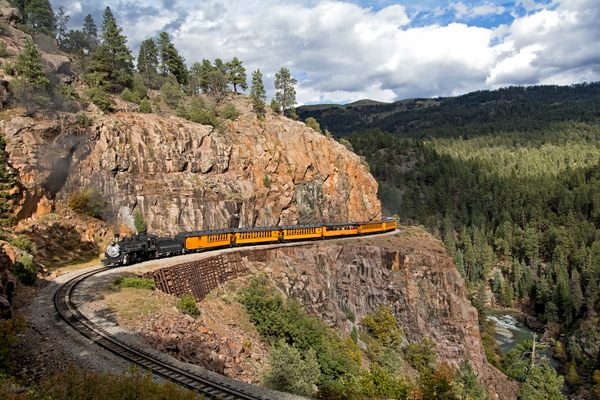









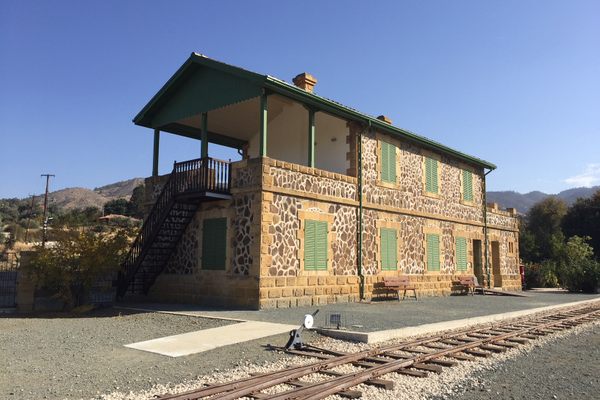
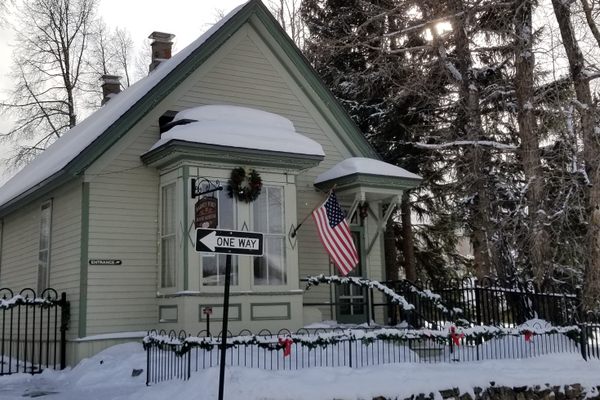

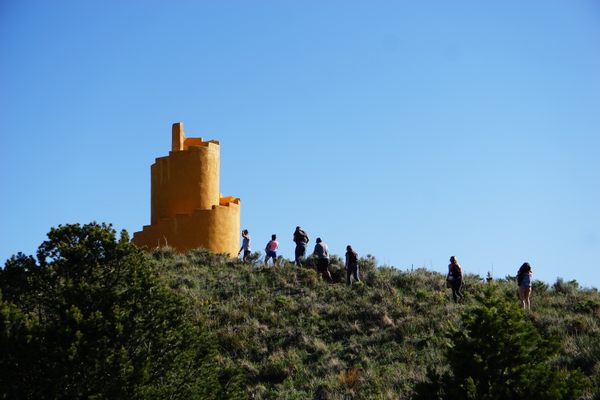


Follow us on Twitter to get the latest on the world's hidden wonders.
Like us on Facebook to get the latest on the world's hidden wonders.
Follow us on Twitter Like us on Facebook